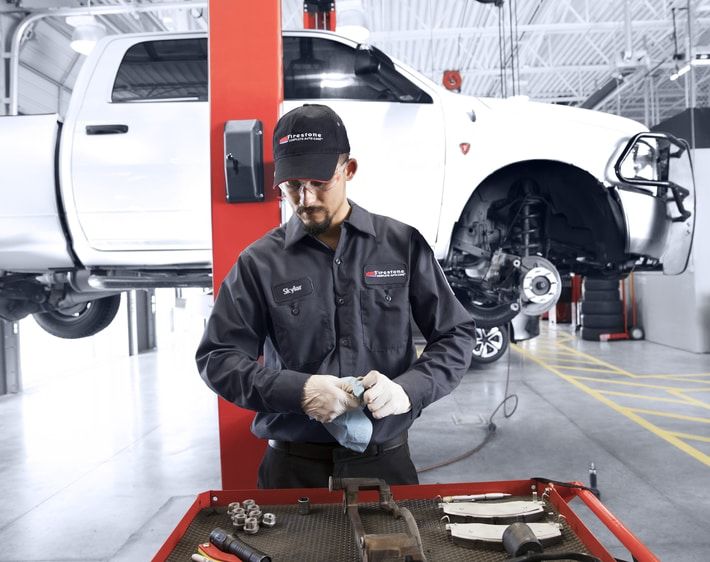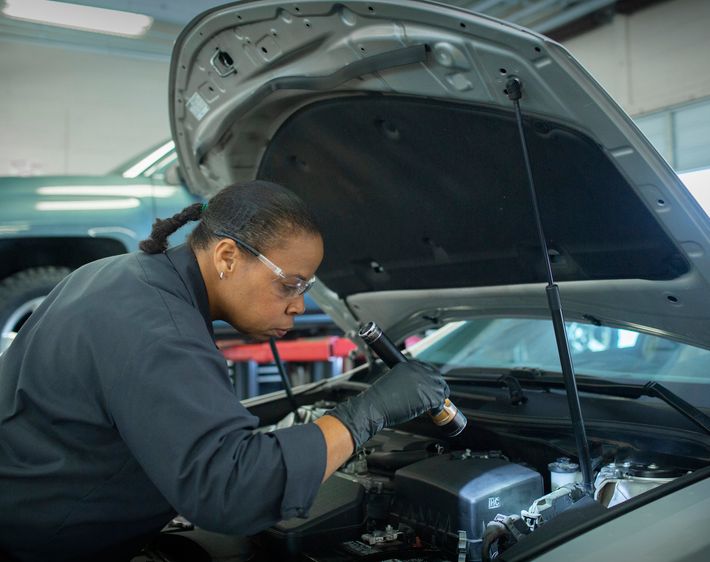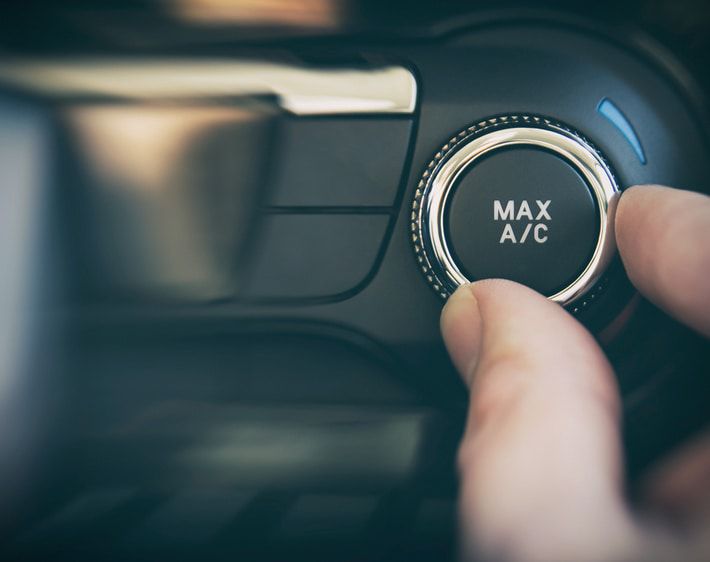Little things can have a big impact. A small leak in a ship can sink the whole thing. A couple of words can ruin a relationship. A spark can cause a wildfire.
In a way, the same goes for your car. You can fix minor issues with inexpensive repairs to help prevent significant and costly problems from happening. Read on to learn more about these seven affordable fixes that could lead to significant savings.
Windshield Fixes
A chipped or cracked windshield won't stop your car from moving. But, that chip or crack could spread, weakening the windshield and reducing visibility.
If you notice a scrape on your windshield, the sooner you call for help, the better. In some cases, experts can repair a chip or crack without replacing the entire windshield. And the price difference between a repair and a full replacement is significant.
A windshield wards off debris and gives you a clear view of the road, protecting you and your passenger. But also, some states consider driving with a cracked windshield illegal. So, get yours fixed ASAP to protect yourself from traffic tickets, too!
Best solution: We don't fix windshields at Firestone Complete Auto Care, but we do care about your car and your safety. Get your windshield fixed by a top-rated window repair service in your area. Depending on your coverage, your insurance company may also cover windshield repair. Give 'em a call.
Spark Plug Replacement
Your car's spark plugs are small but mighty. The jolt of electricity they generate gives your vehicle the power to start!
Dysfunctional spark plugs can damage your car's catalytic converter—a relatively expensive part. Get your spark plugs replaced at manufacturer-recommended intervals, before signs of spark plug problems arise.
Besides damaging the catalytic converter, a misfiring spark plug could decrease fuel efficiency by up to 30%, reports the National Institute for Automotive Excellence. Down the road, that could mean spending more on gas than you would on spark plug replacements.
Compromised gas mileage or a faulty catalytic converter could turn into significant expenses. But, with routine, manufacturer-recommended spark plug replacements, you can help prevent those issues.
Best solution: Bring your car to your neighborhood Firestone Complete Auto Care for a Complete Vehicle Inspection. Our expert auto techs will check out your spark plugs and let you know if it's time to replace them.
Oxygen Sensor Replacement
An oxygen (O2) sensor monitors how much unburned oxygen is in your car’s exhaust system as exhaust is being pumped out. The sensor gauges whether there’s too much oxygen or too little oxygen in the car's fuel mixture.
An engine with too little oxygen (and too much fuel) is said to be "running lean," and its acceleration may feel jerky or inconsistent. On the flip side, if the engine is "running rich" or has too much fuel (and not enough air), it may emit a rotten egg smell or black smoke.
A faulty O2 sensor may damage the catalytic converter, which, as we mentioned before, can be an expensive fix. It can also decrease your car’s fuel efficiency, and that’s a big no-no in our book.
Best solution: Let the trained professionals at Firestone Complete Auto Care test your oxygen sensor during a Complete Vehicle Inspection.
Brake Pad Replacement
Your car's brake pads help slow the rotation of the wheels and bring your car to a stop. Neglecting them can be an expensive and risky mistake.
Not replacing brake pads at regular intervals can compromise other braking components. You may have to pay for new rotors, calipers, and tires—all because you didn't get new brake pads. That's a long and expensive list of repairs for what could've been a simple fix.
Take it from Alex, a lead technician at Firestone Complete Auto Care.
“If you let your brake pads wear down they get hotter and they ruin the rotors. When they ruin the rotors, that becomes a big job."
Plus, responsive brakes help prevent accidents. Losing the ability to stop your car because of bad brake pads can hurt you, your passengers, and your car.
Best solution: Prioritize your safety with a free brake check.
Balancing, Alignment, and Rotation
Proper tire balancing, wheel alignment, and tire rotation are critical to a smooth ride. Although these services sound similar, they actually have different meanings and functions.
Tire balancing is necessary when tire tread wear causes disparities in a tire's weight. If your car's steering wheel shakes or vibrates, you might be due for tire balancing. When performing such service, a tech will check the distribution of weight in each tire. If he or she finds weight disparities, the tech will counter them by adding small weights to the sidewall.
During a wheel alignment, a technician adjusts the angles at which your tires come into contact with the road. This ensures all tires make even contact with the road. When your wheels are aligned, your car handles better.
Then there's tire rotation. Tire rotation helps prevent uneven tread wear. It's a simple but smart service that involves moving your tires to other wheels. Regular tire rotations extend the life of your tires and help support fuel efficiency. If you neglect tire rotations as recommended by the car’s manufacturer, you increase your risk of experiencing a blowout.
Vehicle manufacturers generally recommend having your tires rotated and balanced every 7,000 miles. Double-check your owner's manual for exact guidelines.
Together, tire balancing, wheel alignment, and rotation work together to improve tire lifespan, prevent suspension damage, and boost fuel economy. Put these services off and you could find yourself buying new tires and investing in your suspension and steering system far sooner than you expected.
Best solution: Stop for a Complete Vehicle Inspection. An inspection includes a full alignment, tire, and suspension system check.
Give Your Car a Little TLC
We know it's not just a car—it's your car. Keep it running newer, longer with some strategic TLC. Visit your local Firestone Complete Auto Care today to learn more about Courtesy Checks and Complete Vehicle Inspections.



